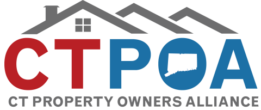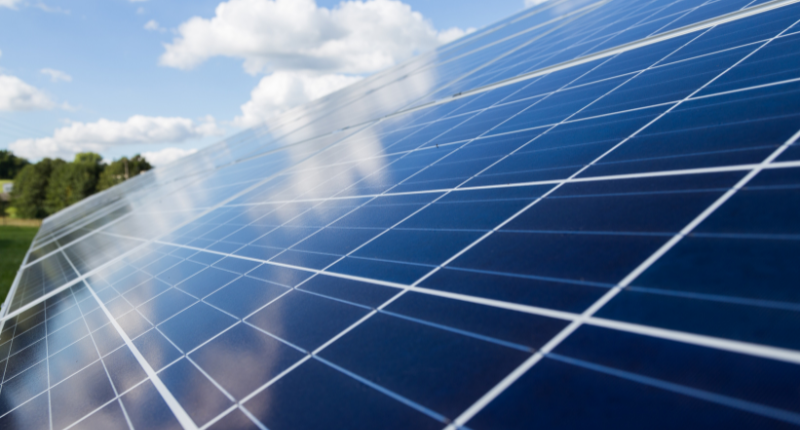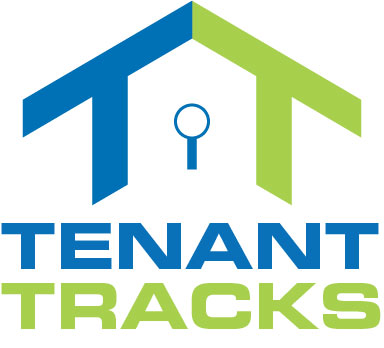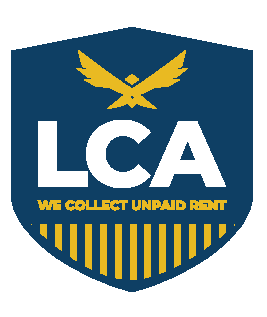Solar panels are a great way to save money on your energy bills and reduce your carbon footprint. But are they a good investment for a rental house? Here are some of the pros and cons to consider:
Pros:
- Solar panels can save you money on your energy bills. The amount of money you save will depend on the size of your solar system, the amount of sunlight your property receives, and your utility rates.
- How much money can solar panels save you?
-
According to the Solar Energy Industries Association, the average homeowner saves $2,000 per year on their electricity bills after installing solar panels. However, some homeowners save much more, while others save less.
For example, a homeowner in California with a 6-kilowatt solar panel system could save an average of $4,000 per year on their electricity bills. On the other hand, a homeowner in Michigan with a 4-kilowatt solar panel system could save an average of $1,500 per year on their electricity bills.
The cost of solar panels has fallen significantly in recent years, making them a more affordable option for homeowners. However, the upfront cost of installing solar panels can still be high.
-
- How much money can solar panels save you?
- Solar panels can increase the value of your property. According to a study by Zillow, homes with solar panels sell for an average of $15,000 more than homes without solar panels.
- Solar panels can make your rental property more attractive to tenants. Many tenants are looking for ways to reduce their environmental impact, and solar panels can show them that you are committed to sustainability.
- Here are some impressive stats about solar panels:
- Solar panels can reduce greenhouse gas emissions by up to 90%.
- Solar panels can reduce air pollution by up to 70%.
- Solar panels can reduce water pollution by up to 90%.
- Solar panels can reduce land pollution by up to 95%.
- Solar panels can help to create up to 10 times more jobs than fossil fuels per unit of energy produced.
- Here are some impressive stats about solar panels:
- Solar panels can help you meet local energy goals. Many cities and states have set goals for reducing their reliance on fossil fuels. Installing solar panels can help you contribute to these goals.
-
Connecticut has a number of local energy goals, including:
- Reduce greenhouse gas emissions by 45% by 2030 and 80% by 2050.
- Achieve 100% zero-emission electricity by 2040.
- Increase the use of renewable energy to 50% by 2030.
- Improve energy efficiency by 10% by 2030.
- Create 30,000 new clean energy jobs by 2030.
-
Cons:
- The upfront cost of solar panels can be high. The cost of solar panels has come down in recent years, but it is still a significant investment.
The estimated upfront cost of solar panels in Connecticut is between $11,000 and $16,000, depending on the size of your system and the type of panels you choose. The average system size in Connecticut is 6 kilowatts, which would cost around $13,728 after accounting for the federal solar tax credit.
- Solar panels require regular maintenance. You will need to have your solar panels inspected and cleaned regularly to ensure that they are operating properly. The regular maintenance cost of solar panels is relatively low, averaging around $150 to $330 per year. This cost includes cleaning the panels and inspecting them for any damage. Solar panels are very durable and require very little maintenance, but it is important to have them inspected and cleaned regularly to ensure that they are operating at peak efficiency.
- Solar panels may not be a good option for all rental properties. If your property does not receive a lot of sunlight, solar panels may not be a cost-effective investment.
Most solar panels need at least four hours of sunlight per day to be efficient. However, some solar panels can generate electricity even in low-light conditions.
If you live in an area with low sunlight levels, you may need to install more solar panels to generate the same amount of electricity as someone who lives in an area with high sunlight levels.
You can use a solar calculator to estimate how much sunlight your solar panels need to generate enough electricity to power your home. Solar calculators take into account all of the factors listed above to give you an accurate estimate.
- If you rent your property out, you will need to decide whether to own or lease the solar panels. Owning the solar panels will give you the most financial benefits, but it will also require you to make a larger upfront investment. Leasing the solar panels will be less expensive upfront, but you will not be able to claim the federal tax credit.
-
Leasing
- Upfront cost: $0-$500
- Monthly payment: $50-$250
- Contract length: 15-25 years
Buying
- Upfront cost: $11,000-$16,000
- Monthly payment: $0-$100 (if you finance the system)
- System lifespan: 25-30 years
As you can see, the upfront cost of leasing a solar panel system is much lower than the cost of buying one. However, you will pay more in monthly payments over the life of the lease.
If you are considering leasing a solar panel system, it is important to weigh the pros and cons carefully. Leasing can be a good option for homeowners who cannot afford the upfront cost of buying a system. However, it is important to read the lease contract carefully and understand all of the terms and conditions.
If you are considering buying a solar panel system, it is important to compare quotes from multiple installers. You should also get pre-approved for a loan before you start shopping.
-
Ultimately, the decision of whether or not to install solar panels on a rental house is a personal one. There are many factors to consider, such as the upfront cost, the amount of sunlight your property receives, and your long-term goals. If you are considering installing solar panels on your rental property, it is important to do your research and talk to a solar installer to get more information.
Here are some additional things to consider when deciding whether or not to install solar panels on a rental house:
- Your state’s solar incentives. Some states offer solar tax credits or rebates that can help offset the upfront cost of solar panels.
Connecticut offers a number of solar incentives to help homeowners and businesses install solar panels and other renewable energy systems. These incentives include:
- Federal solar tax credit: The federal solar tax credit allows you to deduct 30% of the cost of your solar panel system from your federal income taxes.
- Connecticut Solar Incentive Program (SIP): The Connecticut Solar Incentive Program (SIP) provides a one-time incentive to homeowners and businesses who install solar panel systems. The incentive amount is based on the size of the system and the type of panels used.
- Property tax exemption for solar panels: Connecticut offers a property tax exemption for solar panels. This means that you will not have to pay property taxes on the increased value of your home as a result of the installation of solar panels.
- Sales tax exemption for solar panels: Connecticut offers a sales tax exemption for solar panels.This means that you will not have to pay sales tax on the purchase of solar panels.
- Net metering: Net metering allows you to sell the excess electricity that your solar panel system generates back to the grid. You will be credited for the electricity that you sell back to the grid,which will offset your electricity bills.
- Your local utility company. Some utility companies offer net metering programs that allow you to send excess solar energy back to the grid and get credited for it.
- Your tenants’ willingness to pay for solar. If you plan to rent out your property, you will need to make sure that your tenants are willing to pay the additional rent that may be associated with solar panels.
By considering all of these factors, you can make an informed decision about whether or not solar panels are a good investment for your rental house.








